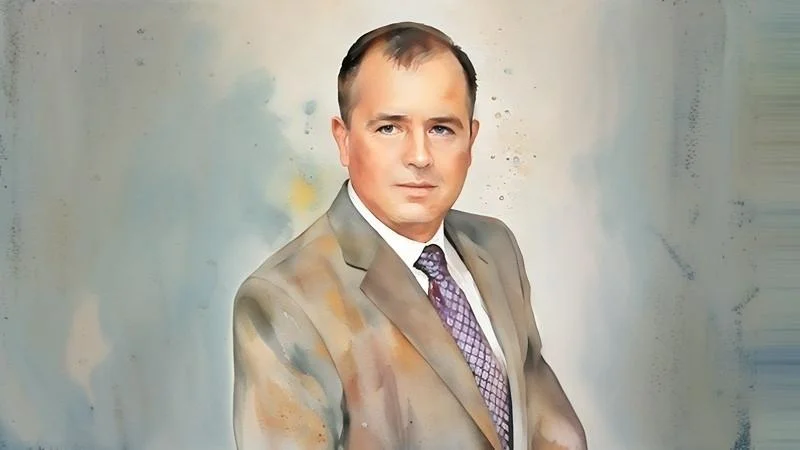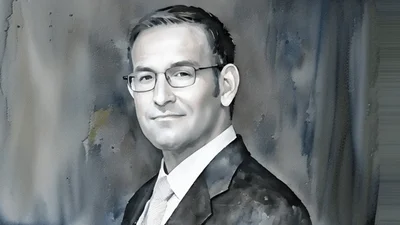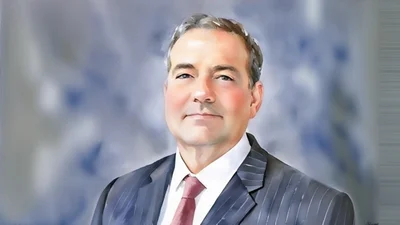Ukraine is facing relentless strikes on its civilians and infrastructure. Much of the support for Ukrainians is coming from faith networks that are informing Western media and leaders about conditions on the ground. This includes Pavel Unguryan, a former member of the Ukrainian parliament (2008–19), who serves as executive secretary of the conservative movement in Ukraine and coordinates the National Prayer Breakfast.
Unguryan leads a nationwide prayer network that includes annual national and local breakfasts as well as professional gatherings for soldiers, business leaders, and students. “We have local prayer breakfasts in 92 cities, and one day a year we have a National Prayer Breakfast with the president of Ukraine, officials, and the Council of Churches,” he says.
The 2025 breakfast aligns with Independence Day observances. “This year is unique because the president asks us to organize the Prayer Breakfast inside the official program of Independence Day,” Unguryan says. “On Sunday we celebrate in churches, and the next morning officials, the president, the prime minister, the speaker, and the military pray together.”
He recalls last year’s breakfast, where survivors of torture told their stories. “One of the main topics is to show the world the religious persecutions on the occupied territories,” he says. “Russia tortures and persecutes, tries to kill pastors, occupies our seminaries.” Churches endure direct hits. “More than 600, close to 700 churches, are destroyed … they often strike evangelical churches because they see us as American agents.”
According to Unguryan, his hometown, Odesa, is the center of a global food-security drama. “Odesa is one of the most strategic cities in Eastern Europe … the largest seaport on the Black Sea,” he says. “Russians try to attack grain and food facilities because they weaponize food.” He also says the stakes extend beyond Ukraine. “Through the Odesa region, Ukraine exports grain, corn, and sunflower oil for up to half a billion people in Asia and Africa.”
Unguryan says daily life runs on a two-minute margin, often having just one or two minutes to go to a bomb shelter. “This is our lifestyle now … drones, missiles, ballistics attack every week, sometimes every day and every night.” Energy, water, and hospitals are frequent targets, he says. “Sometimes we do not have power for two, three, four weeks.”
According to Unguryan, air defense is the most urgent need. “We must protect export infrastructure for global food security, and we must protect energy systems, including nuclear stations that produce electricity for Eastern Europe,” he says. He warns of the risks when reactors lie in a war zone. “Attacking nuclear stations is radiation … it is like a nuclear weapon they try to use.”
He frames the conflict as a civilizational stand. “This is a war for civilization,” he says. “Ukraine stands in a global belt of security together with Israel, South Korea, and Taiwan. We fight against tyranny to stop this evil at our border.” Deterrence, in his view, requires unity and moral clarity. “Time of relaxing is over … evil unites to attack our civilization, which is created on Judeo-Christian values,” he says. “We must mobilize spiritually, mentally, physically, and militarily.”
Unguryan welcomes American engagement and recent signals of U.S. political support. “We appreciate President Trump and his team—their passion to stop the war,” he says, adding that any endgame must include accountability. “We must stop the war together with justice… if the Western civilization does not fight for freedom, they will attack more and more.”








